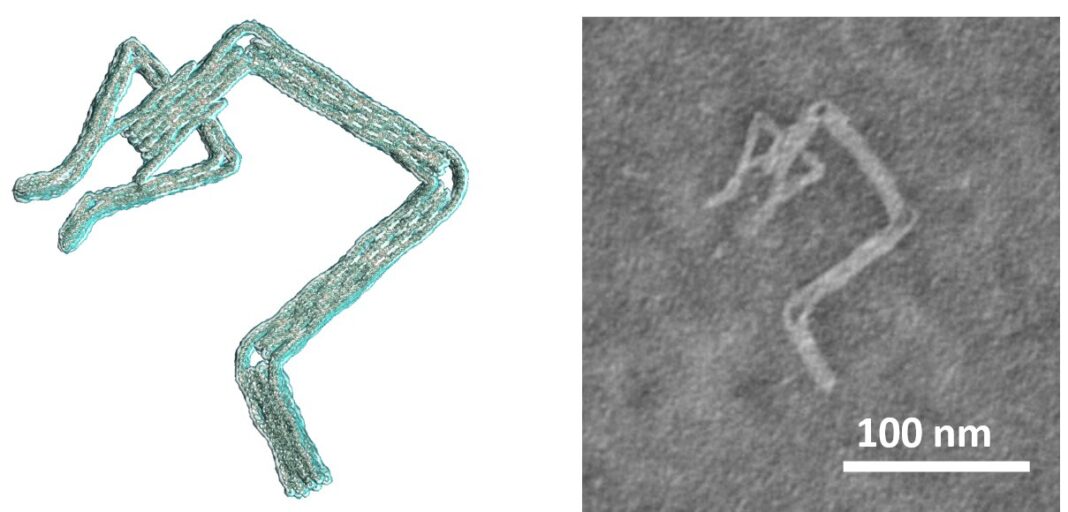Some day, scientists believe, DNA-based robots and other nanodevices will deliver medicine inside our bodies, detect the presence of deadly pathogens, and help manufacture increasingly smaller electronics. Researchers took a big step toward that future by developing a tool that can design more complex DNA robots and nanodevices than ever and in a fraction of the time, phys.org reports. In a paper published today in the journal Nature Materials, researchers from Ohio State University unveiled software they call MagicDNA. The software reportedly helps researchers design ways to take tiny strands of DNA and form complex structures with parts such as rotors and hinges that move and complete a variety of tasks, including drug delivery, all at great speed.


